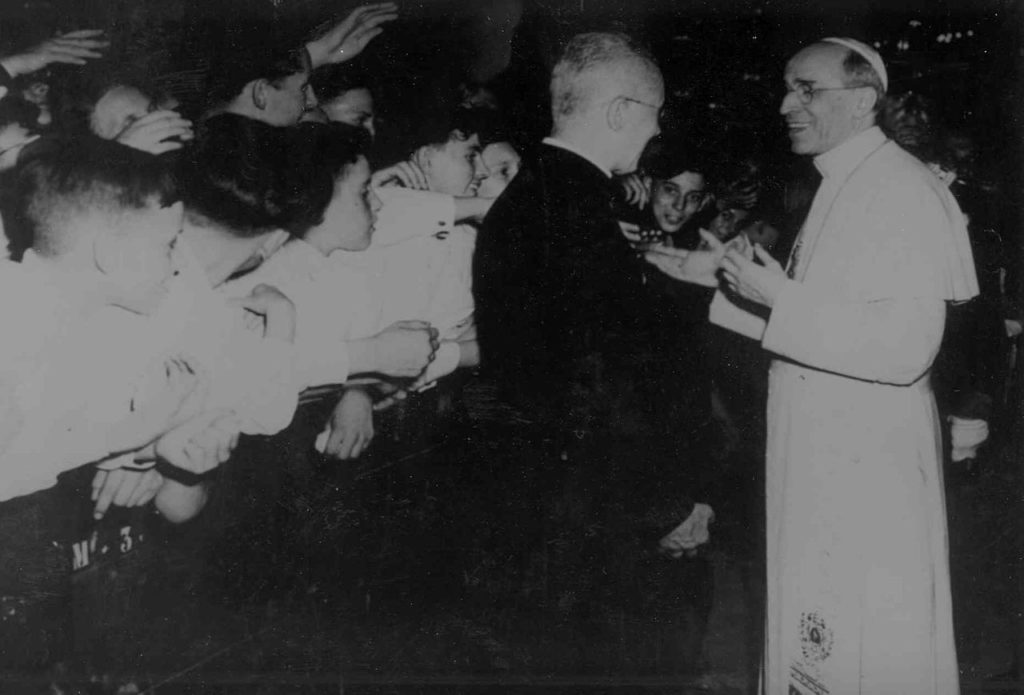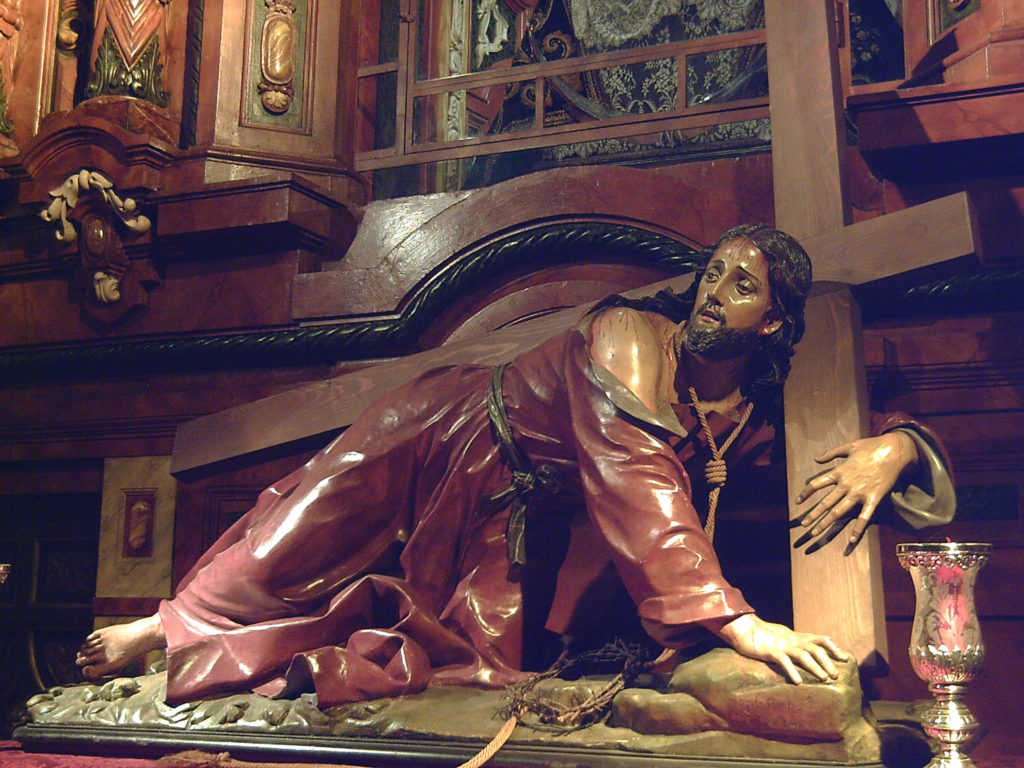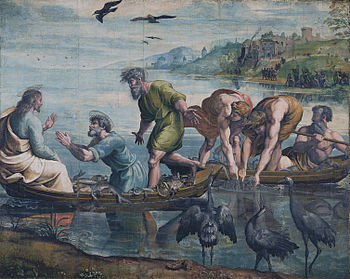I’m Back!
Wow, it’s embarrassing to see that I published my last article over a month ago. How time flies right? I’ve been busy with a family vacation and preparing and delivering a presentation on the importance of rosary prayer. But I’m back now. After a little editing, a video of my presentation will be available online […]







